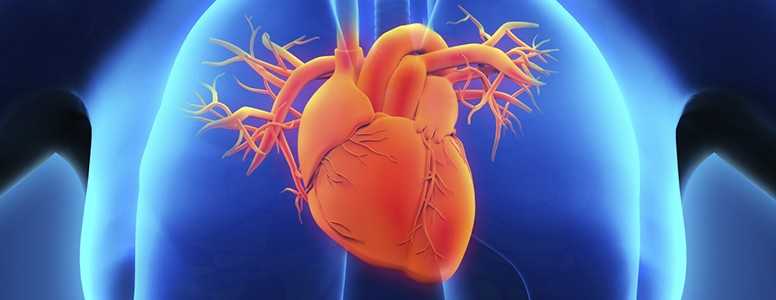A new study has found that gut dysbiosis can increase two major cardiovascular disease (CVD) risk factors – atherosclerosis and hypertension.
Gut dysbiosis is an alteration in the composition of the gut microbial population that can result from exposure to several factors such as diet, increased stress or levels of inflammatory markers, and antibiotic usage.
The microbial composition is unique and changes throughout an individual’s lifetime in response to internal and external factors and diet plays a huge role in the establishment of certain populations of bacteria.
In findings published in the journal Nutrients, Canadian researchers from McMaster University describe how gut dysbiosis can disrupt heart health.
According to them, the relationship between gut microbial composition and disease predisposition is not a cause-and-effect relationship, but the microbiome can be an important contributor in many conditions.
Dysbiosis or changes in microbial composition have been linked to type 2 diabetes, obesity, cancer, allergic asthma and others. Here they show the contribution of dysbiosis to atherosclerosis (the hardening of the arteries) and hypertension (high blood pressure), and how these risk factors can progress to CVD.
Researchers have found that gut dysbiosis can contribute to the progression of atherosclerosis through two major pathways: the metabolism-independent pathway and the metabolism-dependent pathway.
The metabolism-independent pathway refers to a direct involvement in atherosclerosis, by having too much of a certain bacteria promote the formation of foam cells forming atherosclerotic plaque.
The metabolism-dependent pathway has to do with the fact that dysbiosis can lead to impaired cholesterol eliminatio, and the net effect of this is the progression of more atherosclerotic plaque.
Dysbiosis can also contribute to the development of hypertension through induced vasoconstriction. Studies suggest that heart failure and coronary artery disease patients have decreased vasodilatation and increased vasoconstriction.
What happens is that dysbiosis elevates oxidative stress which stimulates the oxidation of LDL cholesterol (oxLDL). Higher levels of oxLDL may ‘underpromote’ vasodilatation and ‘overpromote’ vasoconstrictio, leading to hypertension.
Overall, dysbiosis plays a role in the development of CVD, contributing to risk factors such as atherosclerosis and hypertension through inflammation, dyslipidemia, and arterial fibrosis.
However, researchers are still trying to determine conclusively whether the linking pathways between gut dysbiosis and CVD are causal, correlational, or consequential.
What's new on the forum? ⭐️
Get our free newsletters
Stay up to date with the latest news, research and breakthroughs.







